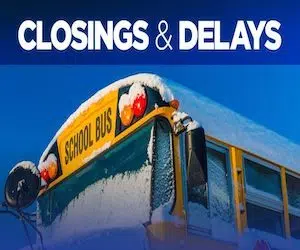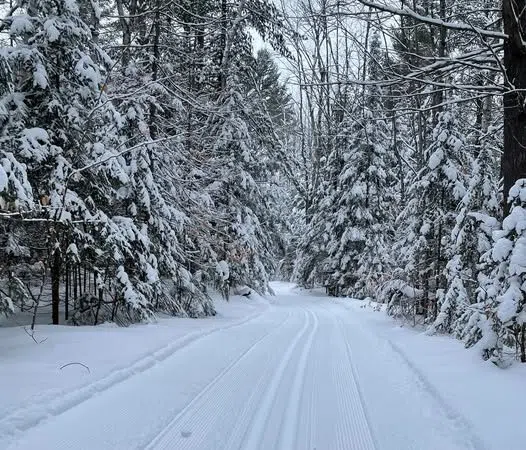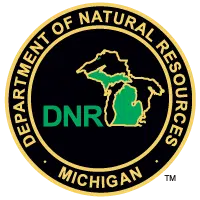An international coalition of activists working to shut down North America’s most dangerous oil pipeline participated in the first-ever cross border “North American Oil Spill Day” with coordinated events across the Great Lakes region this week highlighting the dire need to protect the health and safety of 20 percent of the world’s available fresh surface water.
This day of action was coordinated in Michigan by the Oil & Water Don’t Mix coalition, Sierra Club in Wisconsin, Sierra Club Canada in Ontario, and Le Vivant se Défend in Quebec. Numerous other groups on both sides of the Canada-U.S. border took action to pressure Canadian and U.S. government officials to shut down Enbridge’s Line 5 oil pipeline in the U.S. and Enbridge’s Line 9 pipeline in Ontario and Quebec.
“Whether you’re an American, Canadian, or First Nations or Tribal member, Line 5’s impact on our health and safety must not be ignored,” said Jessica Murray, an organizer with Sierra Club Canada. “Forty million people rely on the Great Lakes for drinking water, and a spill would devastate our communities. We need all governments in so-called North America to protect our wellness and water, not a fossil fuel corporation’s bottom line.”
Fourteen years ago on July 25, Canadian oil corporation Enbridge caused one of the largest oil spills in North American history. A pipeline ruptured and more than one million gallons of tar sands oil spilled into the Kalamazoo River watershed in Michigan. Enbridge’s Line 5, which travels from eastern Wisconsin through Michigan to Sarnia, Ontario, is a more urgent threat today than ever because the 71-year-old pipeline is showing signs of cracking.
Attendees held bright banners and artwork with messages warning of the dangers of an Enbridge oil spill along with “Shut Down Line 5 Oil Pipeline” signs. With attention to where Enbridge’s oil pipelines could wreak destruction, rallies were held on Thursday in Toronto, ON where Line 9 crosses, Montreal, QC where Line 9 ends, Superior, WI where Line 5 begins, Mackinaw City, MI where the risky Straits of Mackinac crossing for Line 5 is located, Marysville, MI where Line 5 passes before crossing back to Canada, in addition to Lansing, MI in front of the state capitol building where many of Line 5’s political fights have transpired.
“As someone who grew up along the Kalamazoo River, I’ve seen firsthand the significant impact of Enbridge’s actions,” said Beth Wallace, Great Lakes climate and energy director for the National Wildlife Federation. “We’re dealing with one of North America’s most hazardous pipelines, operated by a wealthy oil corporation with a concerning track record. All communities and future generations deserve safe drinking water and clean air, and Enbridge must be held accountable for the ongoing threats to our Great Lakes and climate.”
After being thrust into the international spotlight with discussions between the Trudeau and Biden administrations, the fight to shut down this aging oil pipeline comes amid nearly a decade of vehement pressure on both sides of the border. Meanwhile, the United Nations Permanent Forum on Indigenous Issues called upon the Canadian and United States governments to decommission Line 5 in April this year.
“Newly revealed cracks in Line 5 are putting the Great Lakes in increasing risk because Enbridge continues to ignore safety,” said David Holtz, international coordinator for Oil & Water Don’t Mix Coalition. “Right now, the U.S. Justice Department is taking action that may eventually repair Line 5, but we can’t rely on them alone. We also need Transportation Secretary Pete Buttigieg to step up his agency’s oversight role to ensure that Enbridge doesn’t repeat history with more harmful oil spills.”






















Comments